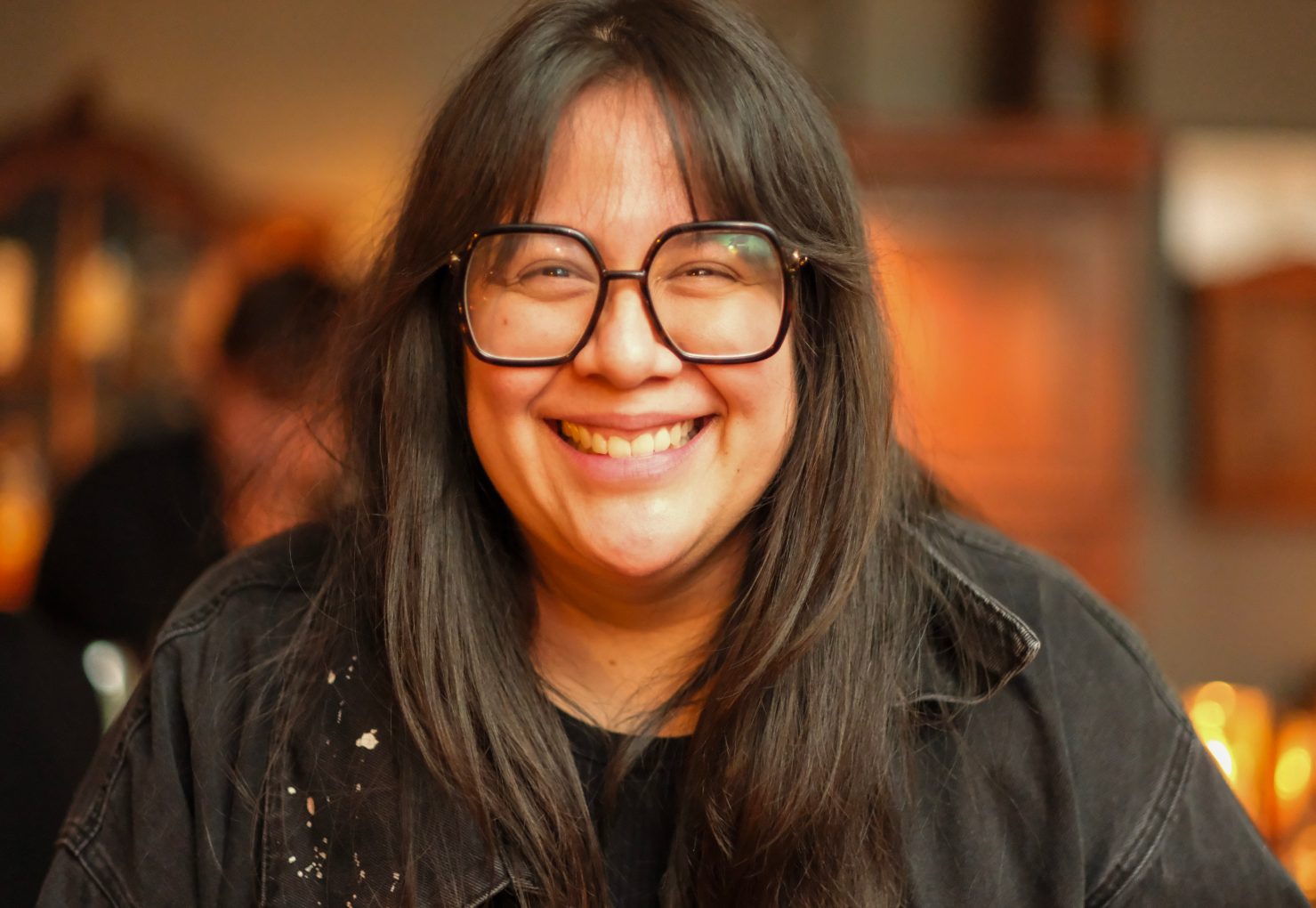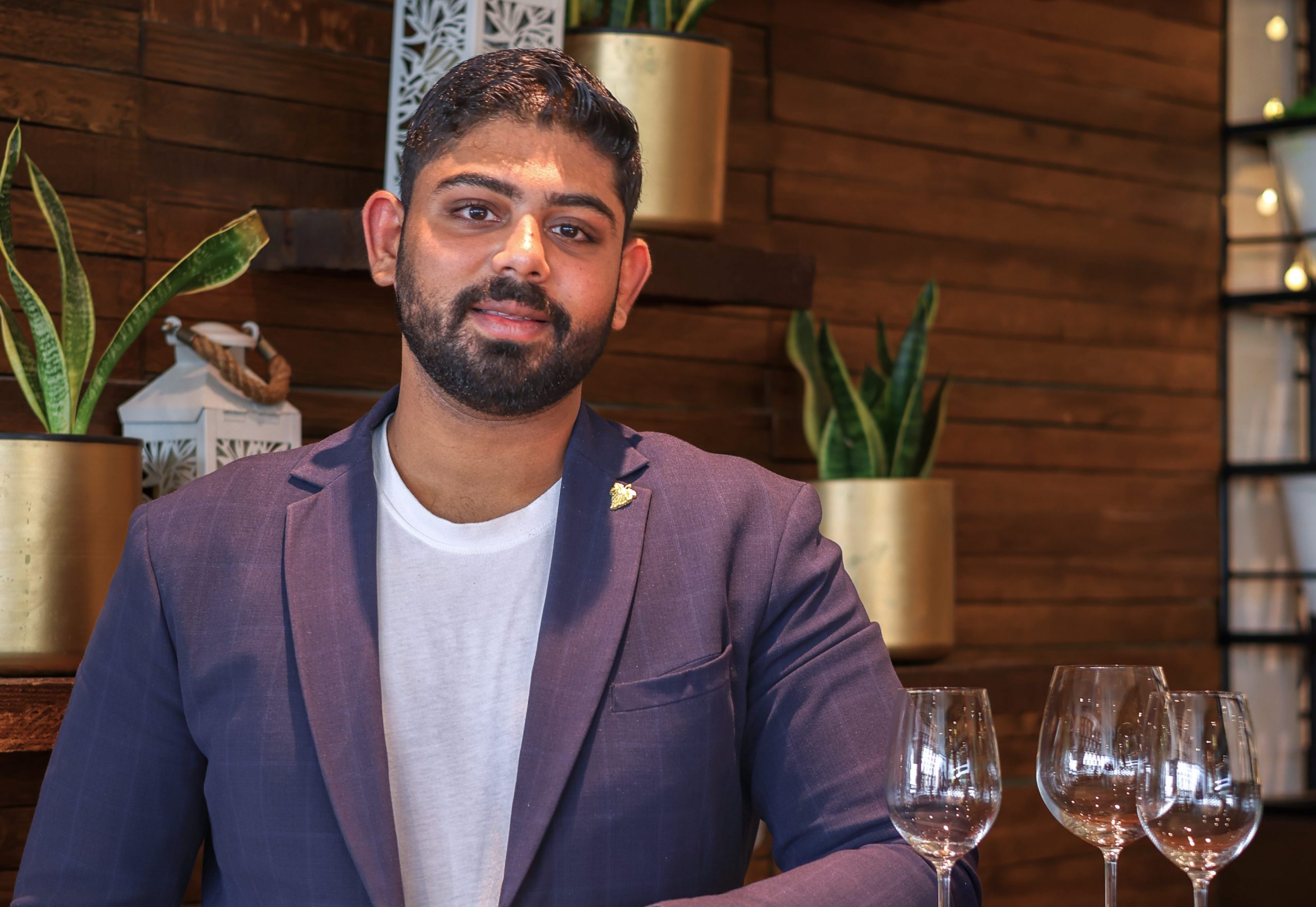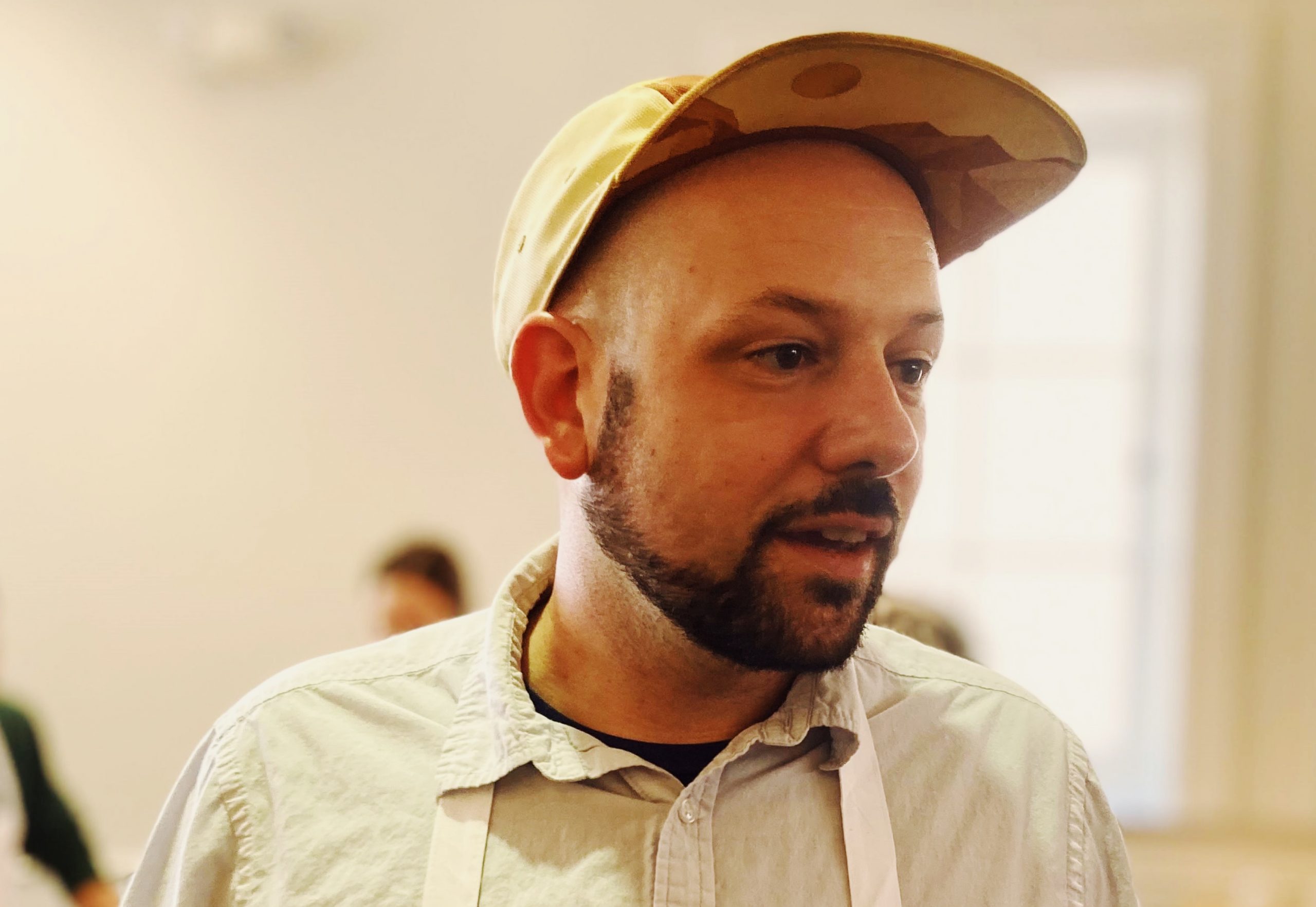5 Questions with Garima Arora
When Indian-born chef Garima Arora came to MAD Academy in 2019, Gaa, her Bangkok restaurant, was barely two years old. But she was already piling up the accolades. Last year was the best ever: not only did Gaa make it onto the World’s 50 Best List, but also received its second Michelin star. And all this while giving birth to her first child.
–
In the past year or so, you broke with your former investors and business partner, had a regular gig as a judge on Masterchef India, got two Michelin stars, and had a baby. That seems like a lot. How has it been?
“Chaotic is one way to put it. I haven’t slept in eight months! But no complaints. I mean as chefs we kind of practice for it all our lives– all the long hours now kind of make sense. I realize now it’s preparation for parenthood.”
The difficulty of combining motherhood with running a restaurant is one of the reasons most frequently given for why, historically at least, there aren’t more women chefs. When you got pregnant, were you worried about how you were going to pull it off? Did you try and prepare in any way?
“As chefs, we like to plan. We believe in mise en place, and squaring things off before we dive into service. But this is something you can’t really prepare for, and to be honest, Covid had a lot to do with it. During the pandemic my husband and I were apart– I was in Bangkok and he was in India and because of lockdown we didn’t see each other for almost two years. So when we finally got together, the first thing we did (she laughs) was make a baby. But seriously, I think the whole experience made me realize the importance of family.
I worked throughout my pregnancy, including shooting for Masterchef, so I was flying back and forth between Bangkok and Mumbai for almost five months. And I was very active in the restaurant, going to work until almost two weeks before I gave birth. I mean, I ran out of chef jackets that would fit me, but I kept going to work.”
And now that your son is here, how have you combined your work at Gaa with taking care of an infant? What’s an average day for you like now?
“My husband lives in India and comes to Bangkok one week every month, so the rest of the time, I’m basically a single mom. My home is right next to the restaurant, which is great because it means I don’t miss out on any moments. But it’s also important for me to say here that I have two wonderful nannies to help. It’s one of the reasons I feel lucky to be in this part of the world: good childcare is so much easier to find. Plus my home is right next to the restaurant so I don’t miss out on moments. I can come home to feed him. It’s just brilliant.
My day starts by making time for working out in the morning. It’s a routine I started many years ago and I stick with it because it gives me clarity and energy–it’s really important to me. And then he comes with me to work, and people pass him around, someone holding him for 15 minutes each. You know how they say it takes a village to raise a child? I feel like there’s a village built into a restaurant–there are so many different people and nationalities so he’s getting exposed to lots of different accents. And he crawls around on the floor eating things, building a good immune immune system already. So he spends all afternoon with me and then goes to bed at six, which is great because that’s when I start service–it’s very convenient. Of course, he wakes up at 5:00 AM, which is less convenient. In the beginning, it was very intense, but you learn to prioritize. I can say no to things more easily than before.”
You were one of the first people to attend MAD Academy–in fact, you were in the pilot program in 2019: one of the original guinea pigs! Why did you decide to come to Academy and what did you get out of it?
“After working at Noma, I was always amazed by the things that came out of that restaurant. and I came to MAD because I wanted to be a part of anything they did. While I was at Academy I met some really great people, but the rest, to be honest, kind of blurs in my memory with my time at Noma. I know that the two places changed me, not only as a chef but also as a person. I picked up a critical way of thinking about anything and everything you do. There’s this attitude that cooking has always been a blue-collar job. That changed for me–it made it a more cerebral exercise. It made me think about my profession.”
And did it influence you as a leader at all?
“For a long time, I don’t think I was thinking much about leadership–when you’re opening, there are a dozen proverbial fires everywhere, and that’s where my focus was. But I think that even when you’re not acting on it consciously, you’re attracting the kind of people that you yourself are interested in. You are already laying the foundations of the work culture that you will have, and If you’re genuine, keep your head down, and work hard, that’s when the real magic happens. So it’s always been kind of intuitive for me. But eventually, you get to a point where you can think ‘what’s next?’ So now, I’m starting to think about it more consciously, and that’s where whatever seeds were planted back then can come out. I’ve come to a point where I’m happy with Gaa, with just one restaurant. But my core team has been with me for almost seven years and I think they are ready to kind of take a step and do their own thing. So what would give me happiness now would be seeing them do what they want to do, and supporting them in any way I can. That would make me feel like I had come full circle.”
–
Image courtesy of Restaurant Gaa.




